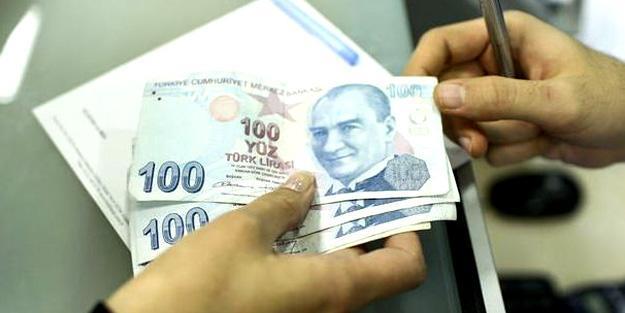Turkey’s annual inflation nearly hits 18 percent
ANKARA/ISTANBUL

Annual inflation in Turkey rose again in August to nearly 18 percent, official statistics showed on Sept. 3, a record since late 2003, after the Turkish Lira dramatically weakened against the U.S. dollar last month.
Consumer prices rose 17.9 percent in August from the same month in the previous year, up from 15.85 percent in July, according to the Turkish Statistics Institute (TÜİK).
The figure was higher than estimates.
The highest annual rise in the month was in the cost of transport, up 27.13 percent, while prices for food and non-alcoholic drinks were up 19.75 percent, TÜİK said in a statement.
The highest monthly increase was 5.85 percent in miscellaneous goods and services, followed by furnishing and household equipment by 4.56 percent and transportation by 4.45 percent.
Producer prices leaped 32.13 percent, a separate TÜİK statement showed.
A loss in the lira and the rising inflation rate have created a risky curve for the Turkish economy.
The lira has fallen 42 percent against the dollar this year, hit by various economic concerns, including the independence of the Central Bank, and a worsening rift with the United States over a detained Christian pastor.
After the inflation data release the Central Bank sought to reassure the markets that it will take the “necessary actions to support price stability” in September after recent developments suggested “significant risks to price stability.”
“Monetary stance will be adjusted at the September monetary policy committee meeting in view of the latest developments,” the Bank said in a statement.
‘Central Bank independent, will take necessary steps’
Meanwhile, Treasury and Finance Minister Berat Albayrak said the Central Bank was independent of government and would take all necessary steps.
Speaking late on Sept. 2 in an interview with Reuters, Albayrak defended an institution that has not raised its benchmark rate in nearly three months despite a currency crisis.
Albayrak said the Bank, at its last meeting, said it would look at the markets and at price stability and “would not hesitate to take the necessary steps,” in coordination with government fiscal measures.
“The Central Bank in Turkey has been maybe more independent than those in other countries, and it will continue this period by taking steps to continue this independence,” he added.
















